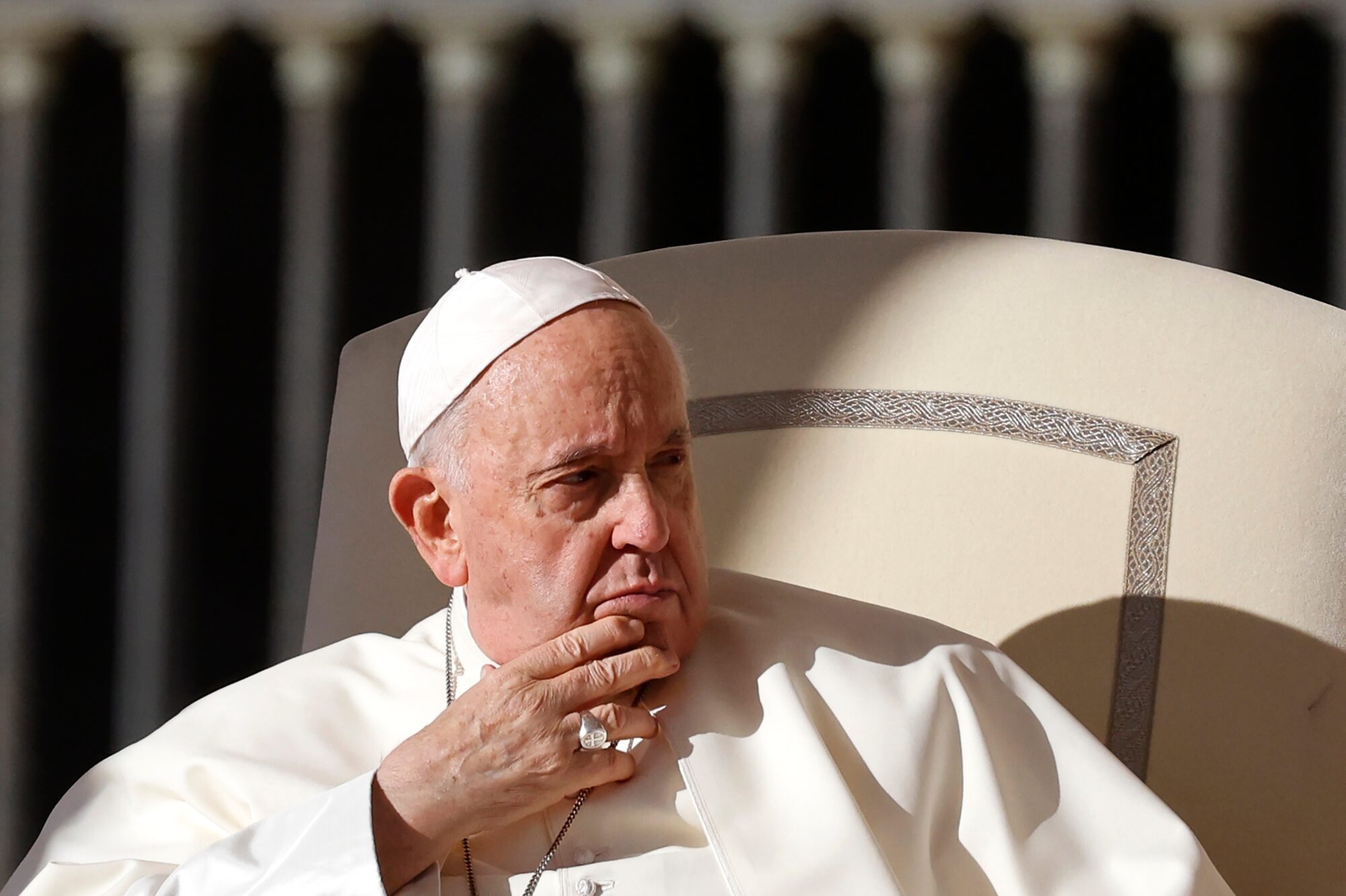
Christianity, Marxism, and the Common Good
Whenever they had power, Marxists persecuted Christians. Now, thanks to subtle propaganda, they have reappeared with the same ideas in a state of apparently unsullied ideology.

Whenever they had power, Marxists persecuted Christians. Now, thanks to subtle propaganda, they have reappeared with the same ideas in a state of apparently unsullied ideology.
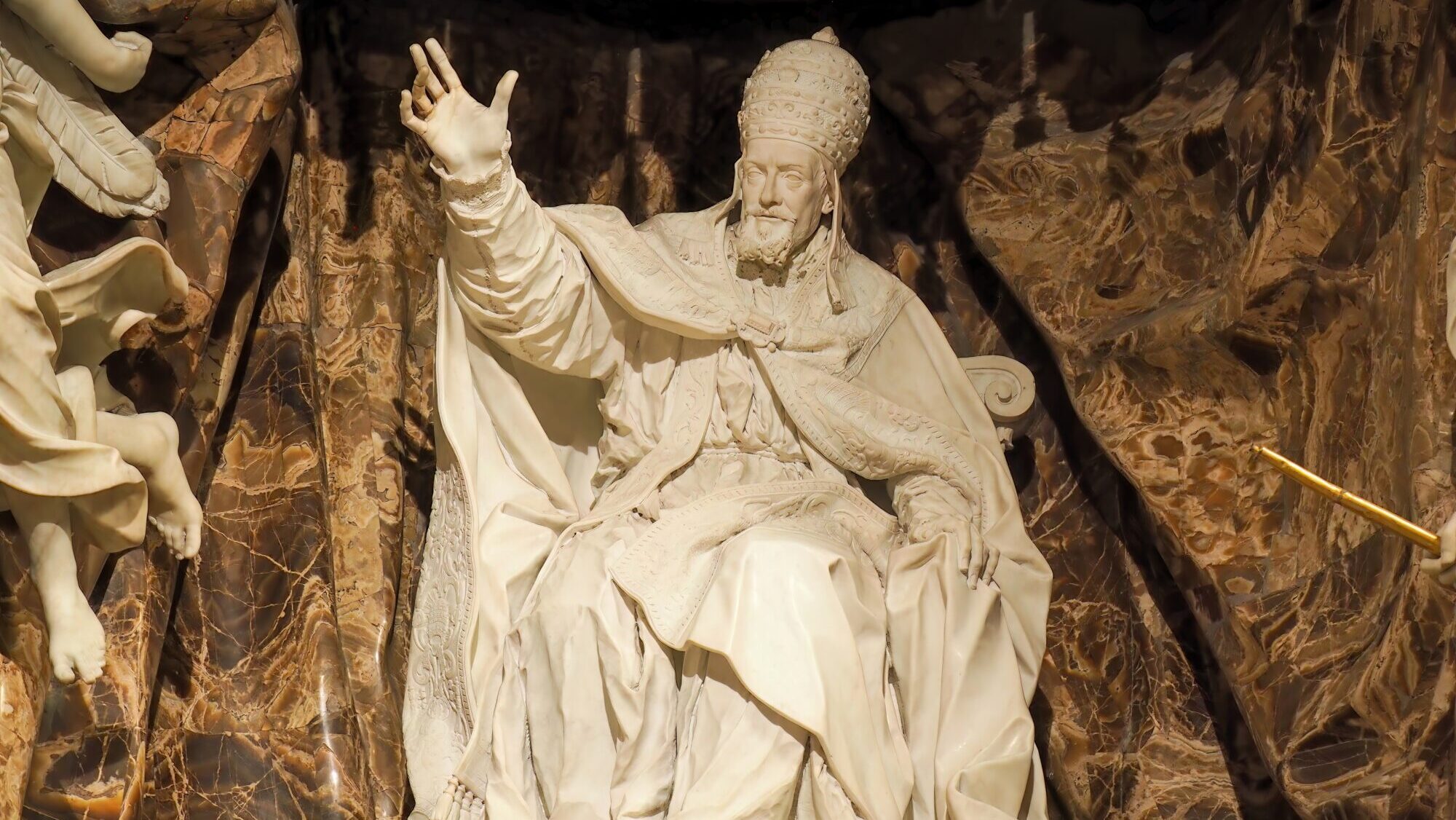
In the current pontificate, power is exercised in a manner reminiscent of a banana republic.
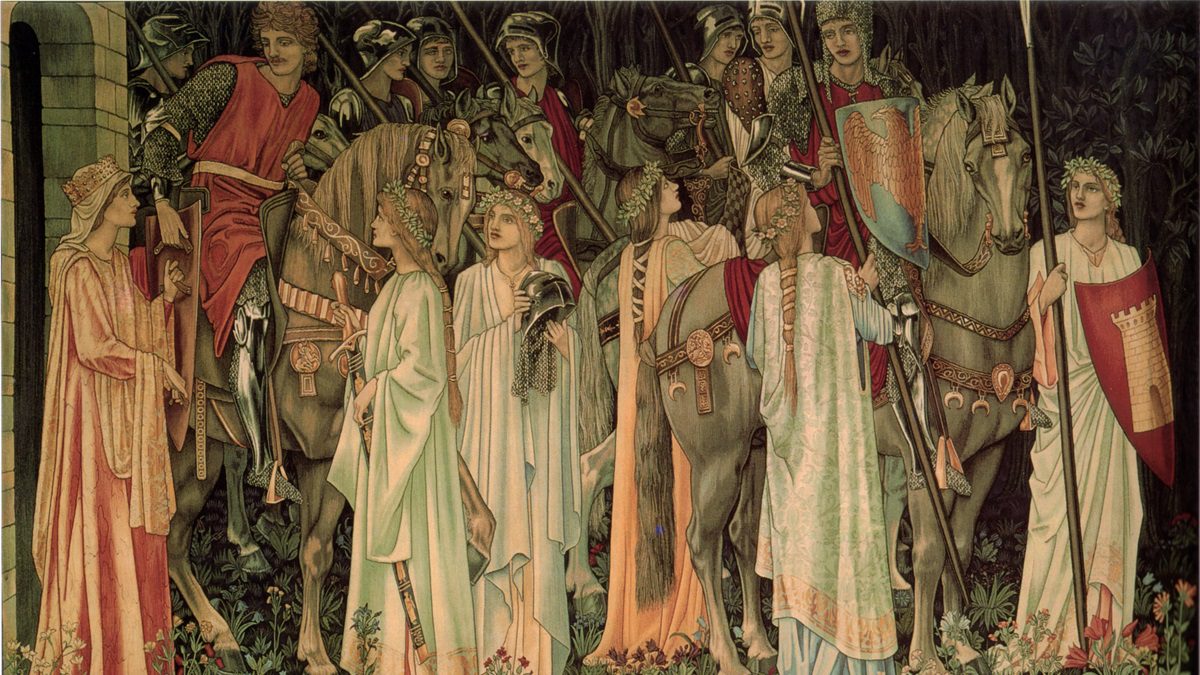
Malory, like Galahad, understands an important truth: that the ultimate end of the political common good is the spiritual common good.

It is as if, in the boomer-con’s mind, liberalism is a ‘nice principle’ that ought to temper the ‘nasty but necessary principle’ of conservatism. Young-cons, however, don’t identify liberalism with niceness at all.
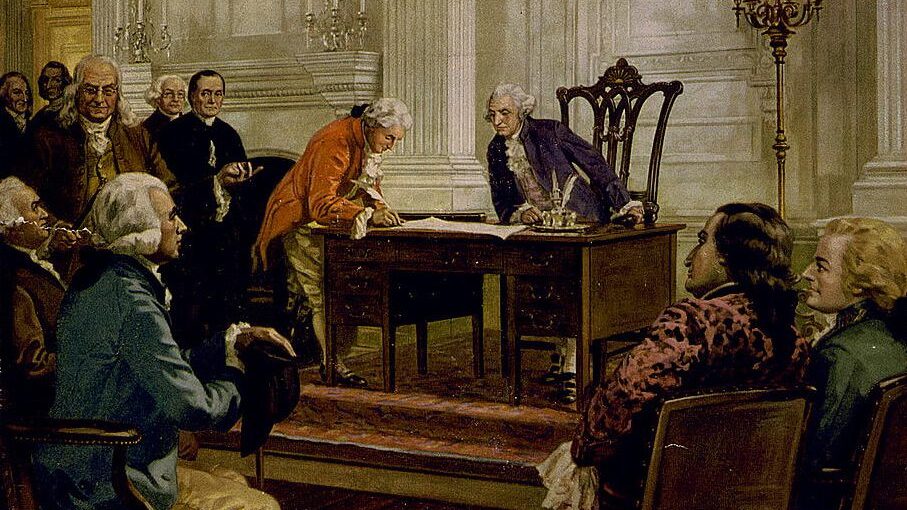
By asserting that the common good does exist and can be defined and applied, Vermeule contests the cultural Left and libertarian Right’s chimera of a values-neutral jurisprudence.
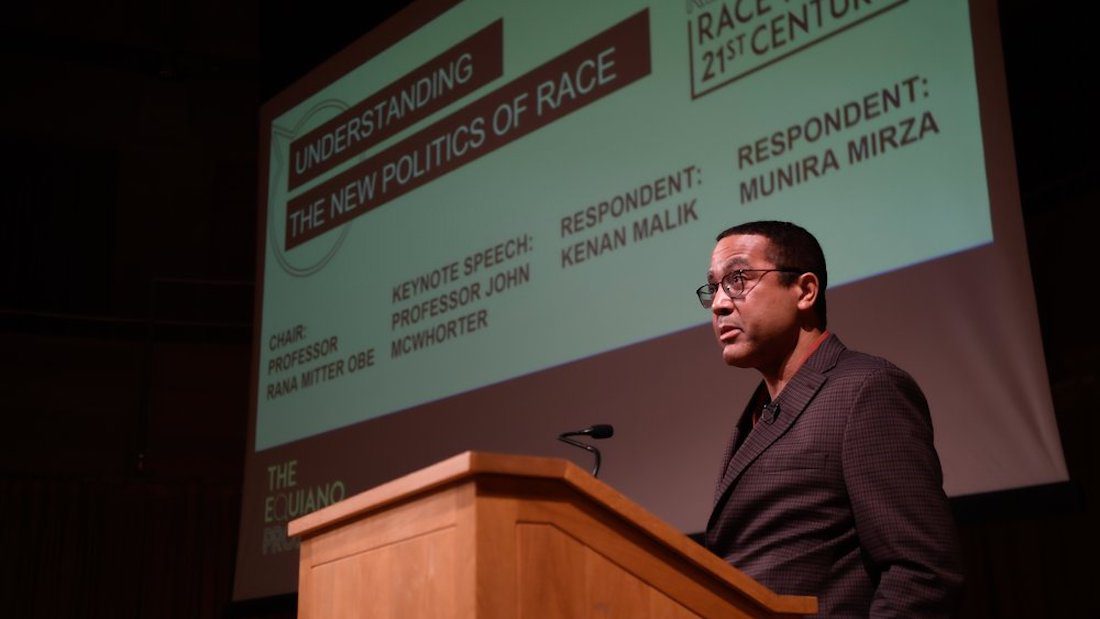
One thing that was painfully missing was the kind of ‘common good conservatism’ that takes seriously the public nature of the moral law, which may have helped to bring to the conversation about race some lasting solutions.

The democratic statesman must subordinate his own interests to the good of his fellow citizens and foster the temporal political common good, which is not separated from the common good in the fullest sense: God.

Indeed, why should a policy of unlimited free trade and ‘small government’ per se be conservative?
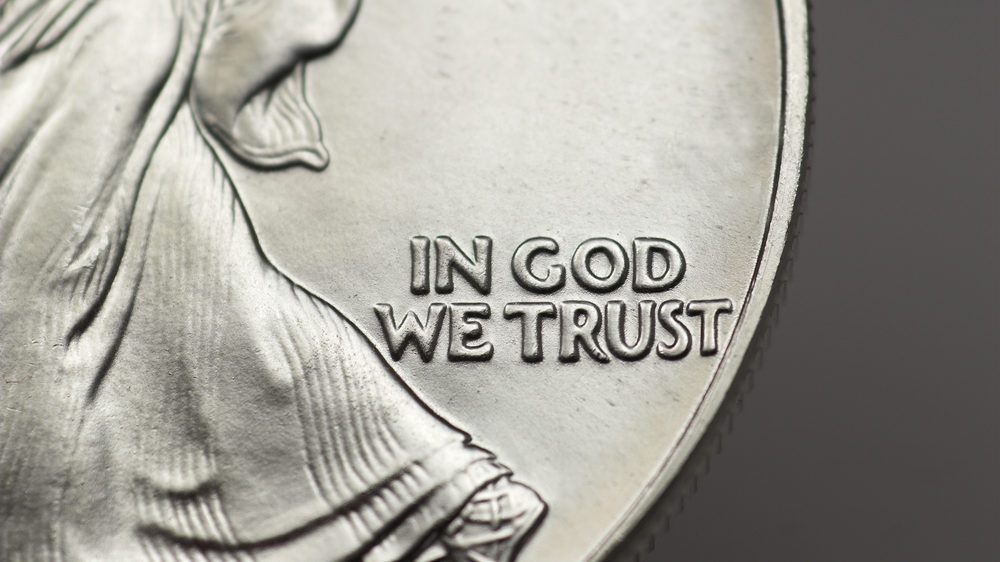
A constant undercurrent of the conference was the oscillation between equally eloquent articulations of despair at the present and an intrinsically Christian hope for the future.
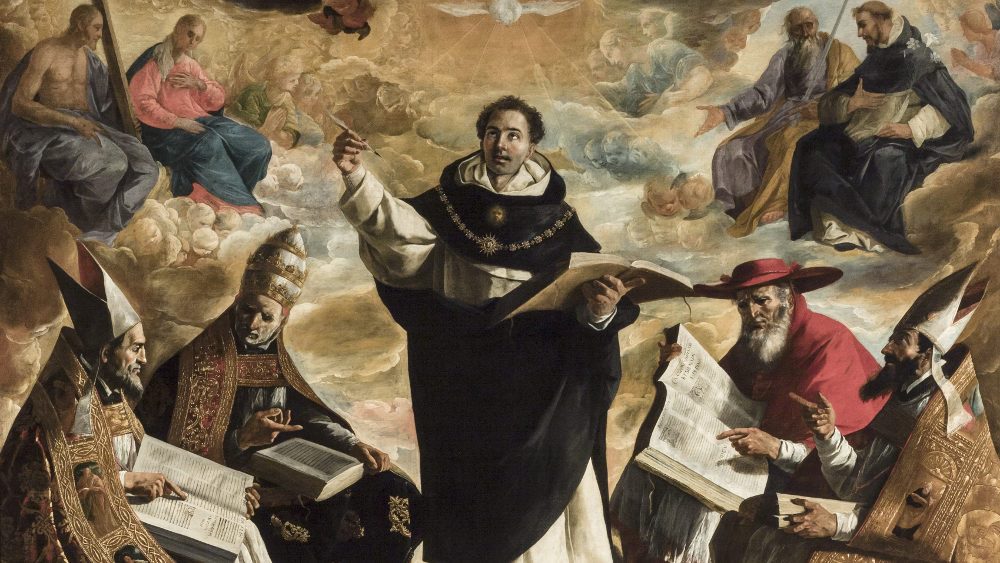
Opinions will always differ on what best approximates the common good and on the utility of law as an agent of virtue in any particular case. But to imitate the liberal silence on such crucial questions is to invite radical neo-Marxists to answer them for us.